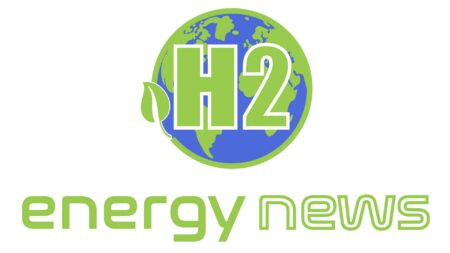According to the company, the system will be demonstrated in a traditional 3.5-ton panel van with a 12 m3 loading space based on the Renault Master, which is expected to have a range of up to 500 kilometers when equipped with the system, with 100 kilometers being battery-electric. Overall, the company believes that clients with high load or speed needs, as well as those who want quick refilling and charging periods, will find fuel cells in light commercial vehicles to be useful. A compact and moderate 30 kW fuel cell and four H2 tanks with a capacity of 1.5 kg each are housed in the roof area of the vehicle, which is based on a battery-electric 3.1-ton Master E-Tech with a 57 kW electric motor, which is available as both a box and chassis, as well as a 33 kWh lithium-ion battery (3.7 kW AC charger).
Trending
- DOE Support for Over 170 Organizations: $20 Million Voucher Program Launched
- Emergency Operations at Hydrogen Stations: Challenges for German Fuel Cell Vehicle Owners
- Hydrogen Storage Device and Method for Storing Hydrogen
- Germany Initiates Hydrogen Infrastructure Expansion with New Tender
- Modelling and Simulation Hybrid Electric Vehicle with Hydrogen Fuel Cells
- Study of Magnetic Vibrations in Hydrogen Electric Vehicles
- ArcelorMittal Innovates with Hydrogen Plant
- Europe Enters Hydrogen Agreements with India and Chile



